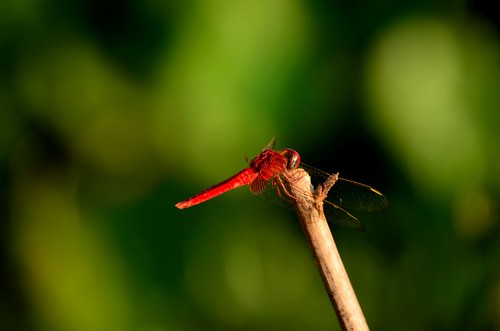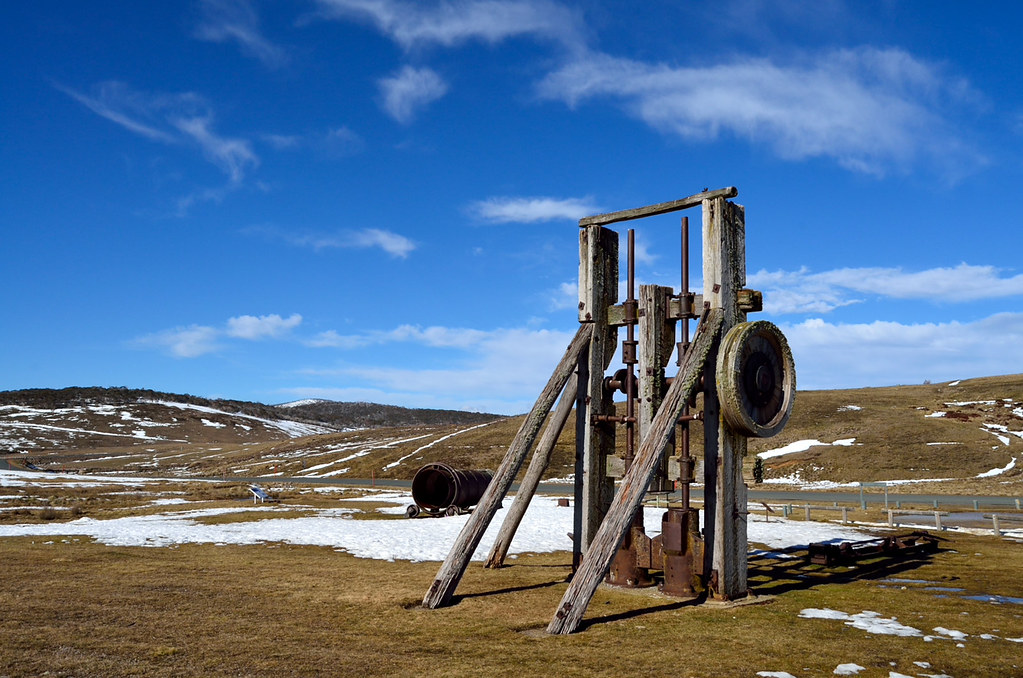Mahinda Rajapaksa, who took office on 19 November 2005, conceded defeat to 63-year-old former Health Minister Maithripala Sirisena, the presidential candidate of the main opposition United National Party.
The day before, Sri Lankan voters had cast their ballot in the 7th presidential election in a closely contested presidential election, with incumbent Mahinda Rajapaksa seeking a record third term in office. The election was largely peaceful and turnout was more than 70 per cent in most districts.
Rajapaksa tweeted on 9 January, after it was clear he had lost the vote:
A screenshot from news portal Adaderana.lk shows the numbers (final results):
Rajapaksa oversaw the end of a bloody civil war in 2009 that had raged for 26 years between government forces and a militant organisation seeking an independent Tamil state. He was reelected in 2010 by a landslide, and afterward successfully amended the constitution to concentrate political power in the presidency and remove term limits on the office. While in power, he has faced accusations of abuse of power, nepotism and human rights violations committed during the final stages of the civil war.
Blogger Indrajit Samarajiva, often a critic of the Rajapaksa government, paid tribute to his legacy:
Dilrukshi Handunnetti wrote on citizen journalism website Groundviews on why Sri Lankans sought a change:
The day before, Sri Lankan voters had cast their ballot in the 7th presidential election in a closely contested presidential election, with incumbent Mahinda Rajapaksa seeking a record third term in office. The election was largely peaceful and turnout was more than 70 per cent in most districts.
Rajapaksa tweeted on 9 January, after it was clear he had lost the vote:
I value and respect our democratic process and the people’s verdict, and look forward to the peaceful transition of power. -MR
— Mahinda Rajapaksa (@PresRajapaksa) January 9, 2015
The early results showed that Rajapaksa remained popular among the country's Sinhala Buddhist population, who account for around 70 per cent of the island country's 21 million people. Sirisena was favoured by the ethnic Tamil-dominated former war zone in the north of the country and in Muslim-dominated areas, who went out in large numbers to vote for him.A screenshot from news portal Adaderana.lk shows the numbers (final results):
| Screenshot from Adaderana.lk |
Blogger Indrajit Samarajiva, often a critic of the Rajapaksa government, paid tribute to his legacy:
Mahinda Rajapaksa has shown me things I never thought possible. He ended a war that I thought would never end. He rebuilt Colombo and showed us physical development I never dreamed of. For all of his faults, he has won me over as a citizen. I think he has been a good President, in my opinion Sri Lanka’s best, especially because he is the first President to lose an election and gracefully leave.Some commenters disagreed with Samarajiva's view on Rajapaksa time as president, such as Reshan Auston:
I have always been reluctant to call Mahinda a dictator because I never thought he was. As much as he messed with Parliament, with the Judiciary, he was always close with the people and he rose and fell by the vote. He was elected to power, he marshalled popular support to win the war and, in the end, he was brave enough to face election for a third time. Most importantly, and something we’ve never seen from an incumbent, he was brave enough to gracefully lose.
He has truly been a great leader and, though I voted for his opponent, I think he deserves something Sri Lanka hasn’t really afforded its leaders. A comfortable, honored and secure position as the respected and beloved ex-President of Sri Lanka.
While we carry the respect for Mahinda for winning the war, I have no respect for him for looting the country. As a leader he failed the country. He had all the opportunity to be the Nelson Mandela of Sri Lanka but instead he decided to be Sadam Hussain. He looted the country with his brothers while his sons enjoyed the life using poor tax payers money. We couldn’t get our day to day activities done at government offices without political influences. Is this the leader we care about?
As a president he failed after finishing the war. I don’t harbour any remorse for his loss. He deserved what he got. I don’t wanna shed crocodile tear.
| Sri Lankan polling officers carry ballot boxes into a counting center after the close of polling for the presidential election in Colombo. Image by Chamila Karunarathne. Copyright Demotix (8/1/2015) |
It is not as if Maithripala Sirisena, a simple villager who has risen within the SLFP ranks to reach top positions, holds the island enthralled. Instead, what he represents in terms of ideas and promises, matter to a large majority of the people who have silently observed an elected president turn increasingly authoritarian and triumphalist. [..]The social media scene was full of buzz:
There may be others who feel that while road and rail connectivity was being achieved, the incumbency has severed connectivity among the island’s communities that lived in harmony for decades, causing serious divisions on ethno-religious lines.
It is that negative difference that has fuelled an electorate’s call for a political change, perhaps at great risk, still with the hope that a new administration may have the political maturity to tolerate dissent and celebrate a plural Sri Lankan identity.
Welcome, President @MaithriNextPres. Well done, #My3 camp! You've ridden on hopes & dreams of 21 million. #PresPollSL pic.twitter.com/240KL5Ohjv
— Nalaka Gunawardene (@NalakaG) January 9, 2015
Sri Lanka's election results shows how much everyone wanted Rajapaksa out. Many Tamils went out to vote and the results speak for themselves
— Varun Manian (@Varunmanian) January 9, 2015
It was the Minority who sent Mahinda Rajapakasa home! Dont forget that! We owe a lot to the minorities of Sri Lanka! #PresPollSL #lka
— Sanjaya Wijeratne (@skwijeratne) January 9, 2015
Hats off to the coolest Election Commissioner! Much respect for the way he conducted the elections. #PresPollSL pic.twitter.com/wC1gtrmCbE
— Chapa Perera (@chapa_perera91) January 9, 2015
The blood of Tamils, tears of Muslim and the love and courage of Sinhalese ! We have achieved something together #PresPollSL #lka
— Phil rαмpυe↘ (@philgrit) January 9, 2015
President-elect Maithripala Sirisena will be sworn in to office before SC Judge this evening at Independence Square #PresPollSL
— dharisha (@tingilye) January 9, 2015
Sri Lanka's free and fair elections were congratulated by many:
Mahinda Rajapaksa deserves to be complimented for free and fair poll, peaceful transition. Congratulations Sri Lanka.
— Kanchan Gupta (@KanchanGupta) January 9, 2015
And here is what Sri Lankans are hoping for the future:
Maithripala starts work tomorrow. This is his plan for the next 100 days. I added some Bootstrap to it http://t.co/Fu47UXEdCT #PresPollSL
— Indi Samarajiva (@indica) January 9, 2015
The new generation of Sri Lanka will shape up the country. New media and the vote will be their sword & shield. #PresPollSL
— Udara Dharmasena (@udaraumd) January 9, 2015
The post was also published in Global Voices Online. 














